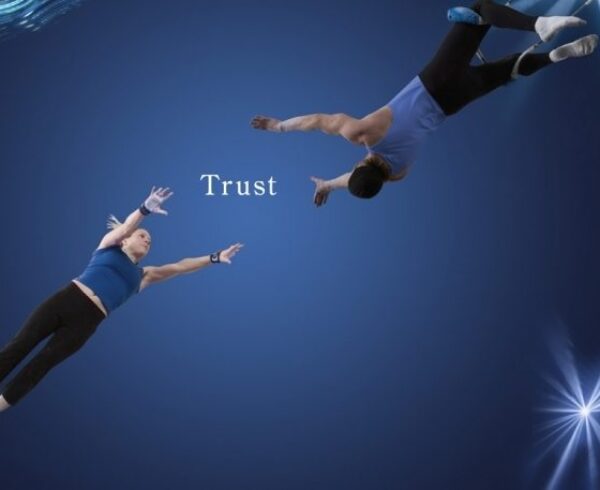“Thinking is the very essence of, and the most difficult thing to do in, business and in life. Empire builders spend hour-after-hour on mental work . . . while others party. If you’re not consciously aware of putting forth the effort to exert self-guided integrated thinking . . . then you’re giving in to laziness and no longer control your life.” —David Kekich
I can’t think of a single problem for which becoming smarter fails to assist in finding the solution.
Besides the willingness to work for what we want, the interior depth we bring to our creative challenges is our greatest asset.
Whenever we’re intimidated, defeated, stumped, or rendered hopeless by a problem of any sort, it can always be traced back to the lack of access we have to certain ways of thinking.
We fail to negotiate because other possibilities are invisible to us. We fail to ask questions because we can’t conceive of answers that exist outside of our own knowledge-base. We fail to persist because we have no understanding of the options that lie beyond inconvenience. We get stuck because we don’t know about any systems or tools that would work for our unique situation. We don’t know what our options are. We don’t know where the resources are. We don’t how to get started. We don’t know who to ask, how to ask, or when to ask. It’s always something we don’t know.
All problems are knowledge problems and all solutions are knowledge solutions.
This is why a steady diet of philosophical thinking and philosophical reading is so important. If you’re not regularly consuming content that exposes you to challenging concepts, you risk becoming a virtual solipsist: someone who believes in the existence of other minds, but who lives as if his or her own mind is the sole source of creative solutions.
If you want to be a successful professional, refuse to settle at your current level of intellectual development. Study your butt off and never stop challenging yourself to become a better thinker.
If you’re content with the books you’ve already read, your career is already dead.
This column originally appeared at the Foundation for Economic Education, and is reprinted by permission.









